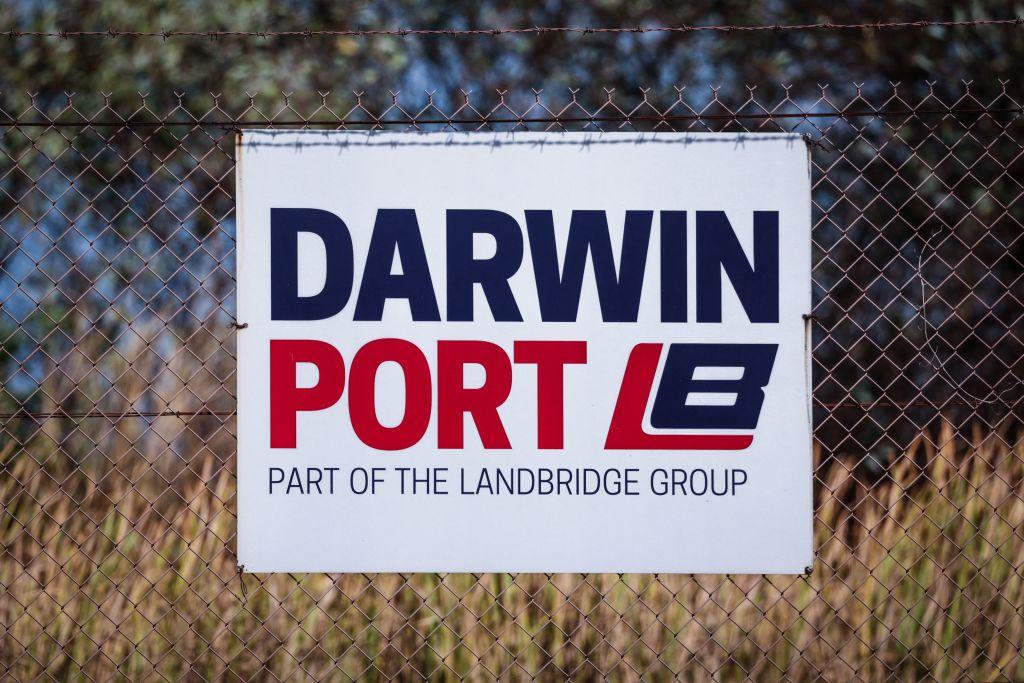Commentary
The decision by the Australian government not to cancel the 99-year lease of the Port of Darwin to a Chinese company is a worrying development.

The decision by the Australian government not to cancel the 99-year lease of the Port of Darwin to a Chinese company is a worrying development.